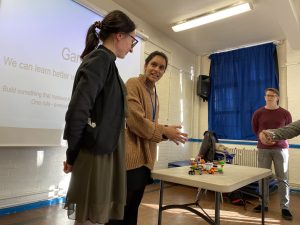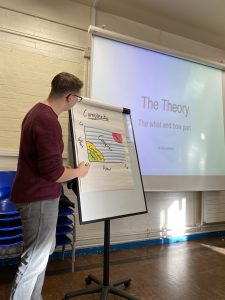Dr Jeffery Quaye OBE: The next government must shift our anti-maths culture
The Diversity and Inclusion in STEM report acknowledges the lifelong benefits of STEM-related skills. It notes that opportunities...
Read more Dr Jeffery Quaye OBE: The next government must shift our anti-maths culture

